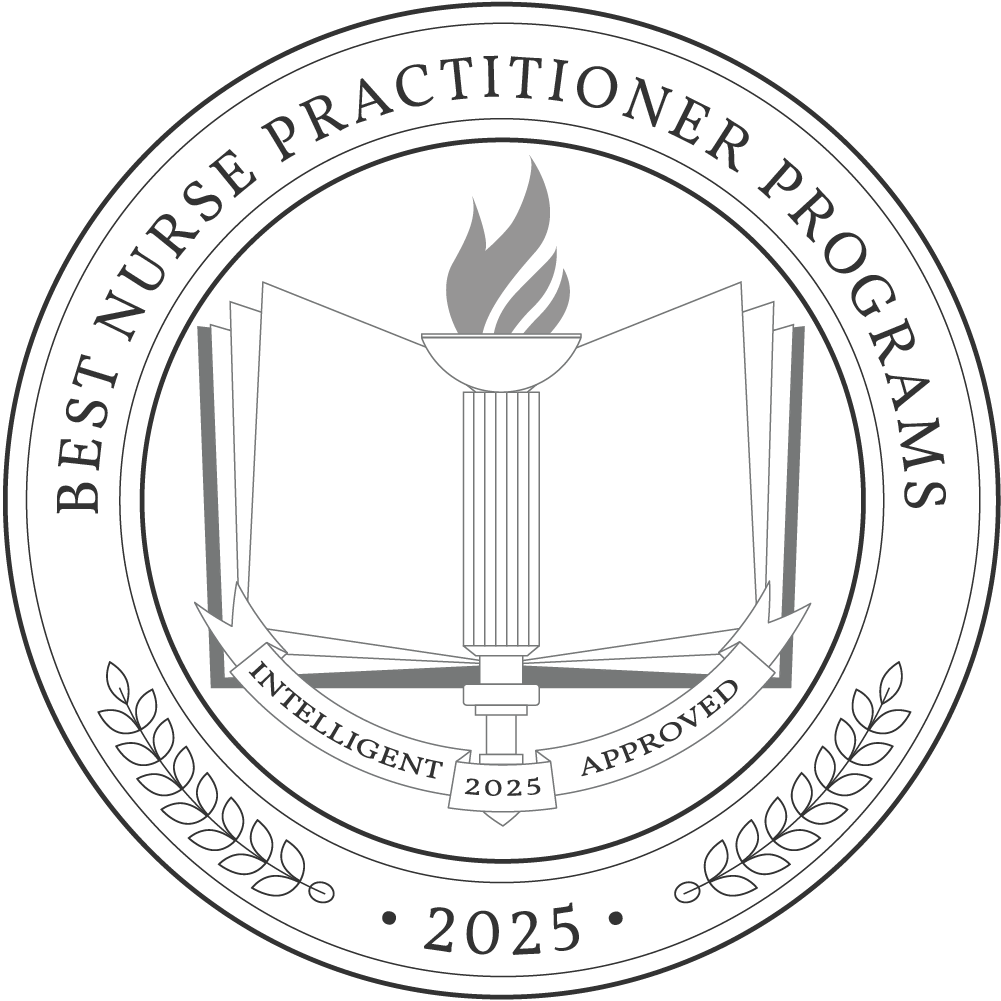One of the fastest-growing occupations in the United States, nurse practitioners (NPs) assess, diagnose, and interpret medical tests, prescribe medications, and collaborate in the care of their patients. They work with physicians and other healthcare workers in general hospitals, outpatient care clinics, physicians’ offices, psychiatric and substance abuse facilities, home healthcare facilities, and other industries like business support services and professional or political organizations. Nurse practitioners earn an average income of $129,480.
Nurse practitioner programs require 40 to 52 course credits and take up to three years. The average yearly tuition is $20,513.
Why Trust Us
The Intelligent.com Higher Education Team is dedicated to providing students with independent, equitable school and program rankings and well-researched resources. Our expert-driven articles cover topics related to online colleges and programs, paying for school, and career outlooks. We use data from the U.S. Department of Education’s College Scorecard, the National Center for Education Statistics, and other reputable educational and professional organizations. Our academic advisory team reviews content and verifies accuracy throughout the year for the most current information. Partnerships do not influence rankings or editorial decisions.
- Analyzed over 2,000 national, accredited, and nonprofit colleges and universities
- 800+ rankings pages are reviewed and updated yearly
- Content is informed by reputable sources, surveys, and interviews with academic advisors and other experts
- Over 100 data points are reviewed for accuracy and quality throughout the year, including sources
How we rank schools
Our list features the best Nurse Practitioner degree programs at top colleges nationwide. Each school featured is a nonprofit, accredited institution — either public or private — with a high standard of academic quality for post-secondary institutions.
We evaluated each school’s program on tuition costs, admission, retention and graduation rates, faculty, reputation, and the student resources provided for online students. We collected data from trusted sources like the National Center for Education Statistics, individual school and program websites, school admissions counselors, and other data sources. Then, we calculated the Intelligent Score on a scale of 0 to 100 based on the following criterion:
Academic Quality:
- Admission rate versus enrollment rate
- Retention rate of students who return after year one
- Accreditation status (regional and programmatic)
- Nonprofit status, both private and public institutions
Graduation Rate
- Overall graduation rate
- Total number of currently enrolled students, including diversity metrics
- Student-to-faculty ratio
Cost and ROI
- In-state and out-of-state per-credit tuition rates and fees
- Required credits to graduate
- Earning potential after graduation
- Availability of federal student loans, scholarships, and other financial aid options
Student Resources
- Available student services for online-only and hybrid programs
- On-campus amenities like tutoring centers and the number of libraries
Read more about our ranking methodology.
Best 27 Accredited Nurse Practitioner Programs
FiltersInstitution Type
Status
- Intelligent Score
- Alphabetically By University Name
- Acceptance Rate
- Enrollment
- In-state Graduate Tuition
- Out-of-state Graduate Tuition
- In-state Undergraduate Tuition
- Out-of-state Undergraduate Tuition
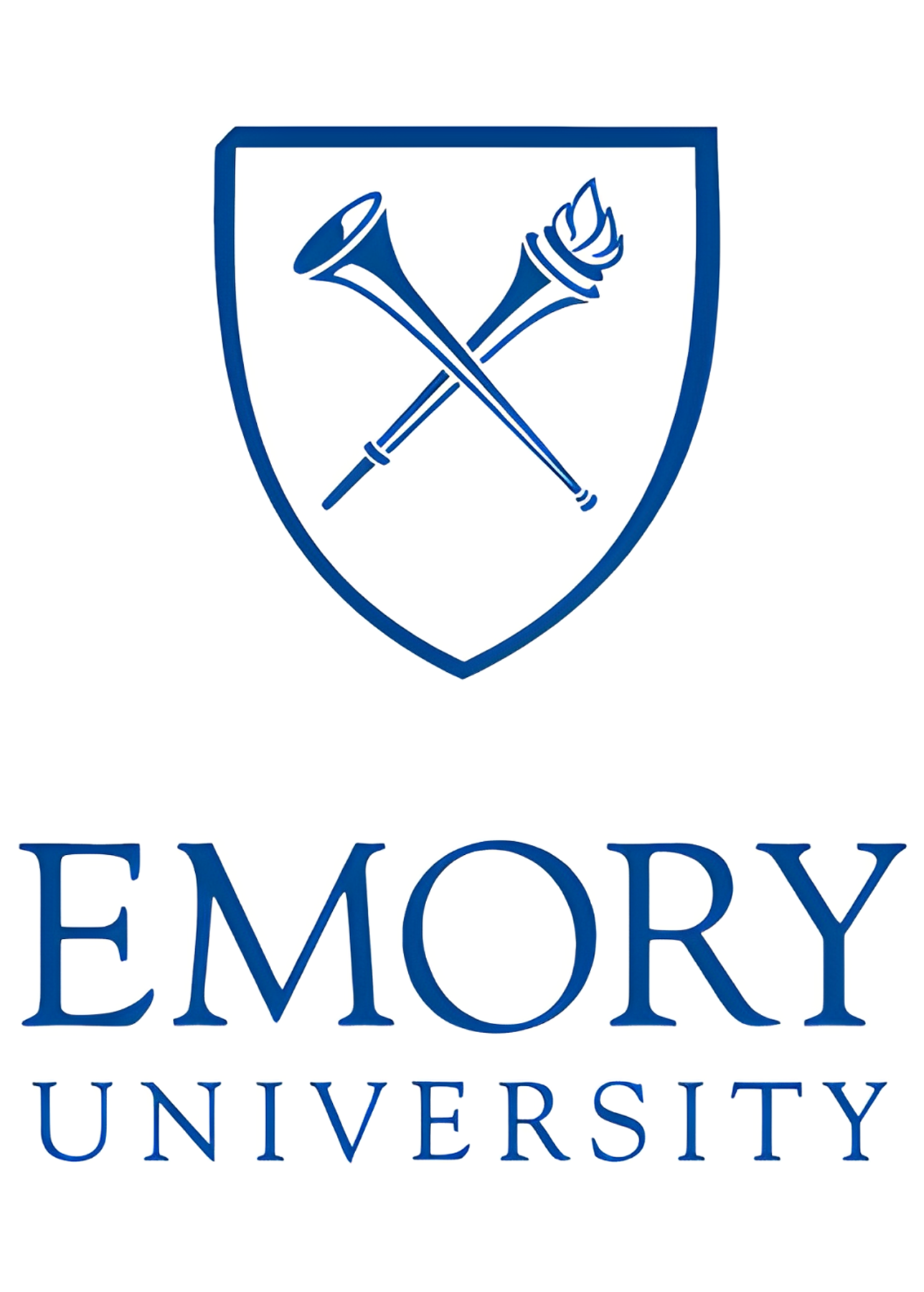
Emory University
Intelligent Score: 99.78In-state: $53,070
Out-of-state: $53,070
In-state: $43,800
Out-of-state: $43,800
SAT: 1380-1530
ACT: 31-34
$2,082
On-Campus
Commission on Collegiate Nursing Education
48

Vanderbilt University School of Nursing
Intelligent Score: 97.01In-state: $52,781
Out-of-state: $52,781
In-state: $50,082
Out-of-state: $50,082
SAT: 1470-1570
ACT: 33-35
$1,939
On-Campus
Commission on Collegiate Nursing Education
39
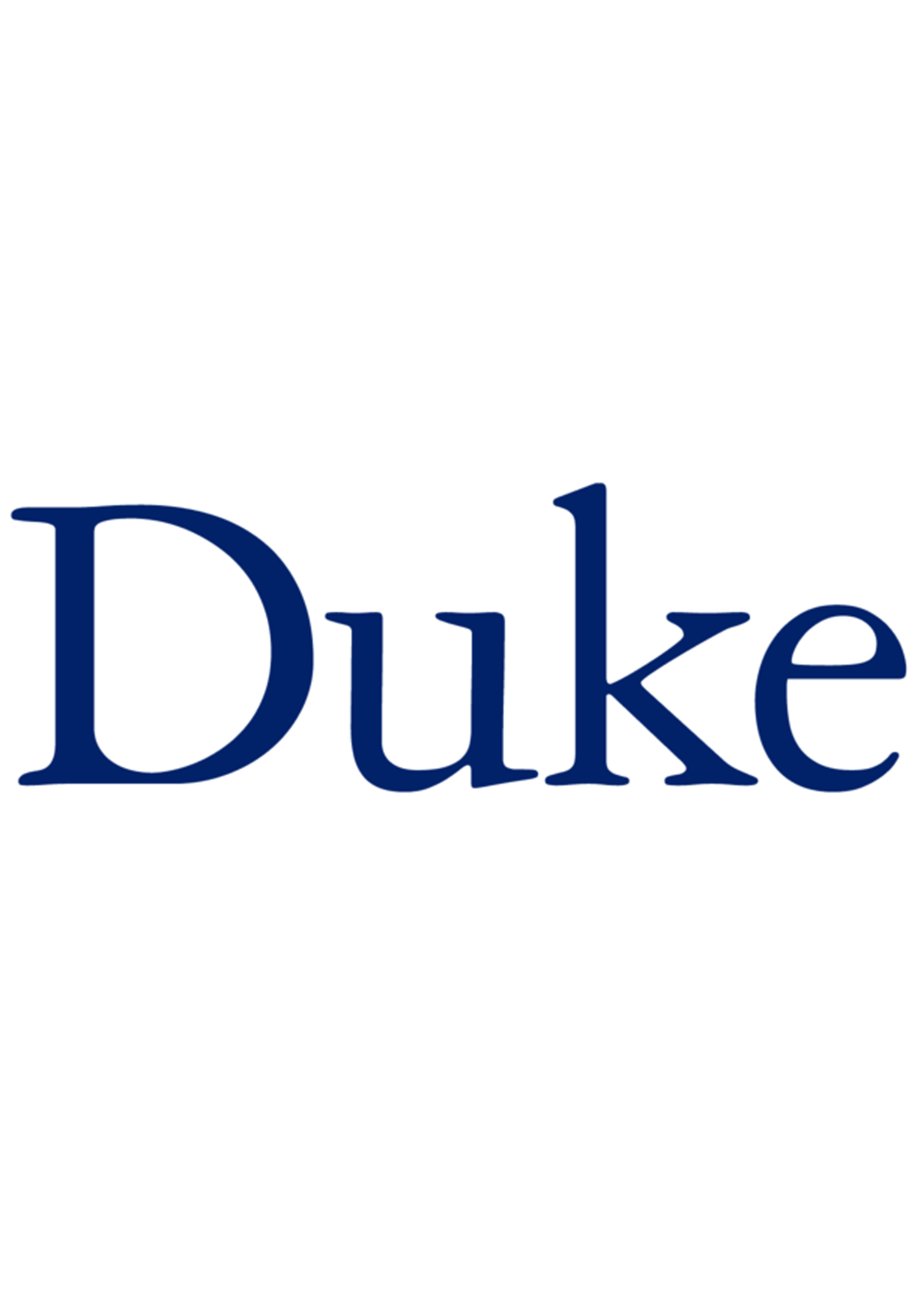
Duke University School of Nursing
Intelligent Score: 97In-state: $55,880
Out-of-state: $55,880
In-state: $57,900
Out-of-state: $57,900
SAT: 1470-1570
ACT: 34-35
$2,166
On-Campus
Commission on Collegiate Nursing Education
49

Villanova University
Intelligent Score: 96.15In-state: $56,730
Out-of-state: $56,730
In-state: $20,619
Out-of-state: $20,619
SAT: 1320-1460
ACT: 30-33
$1,050
On-Campus, Online
American Nurses Credentialing Center's Commission
47
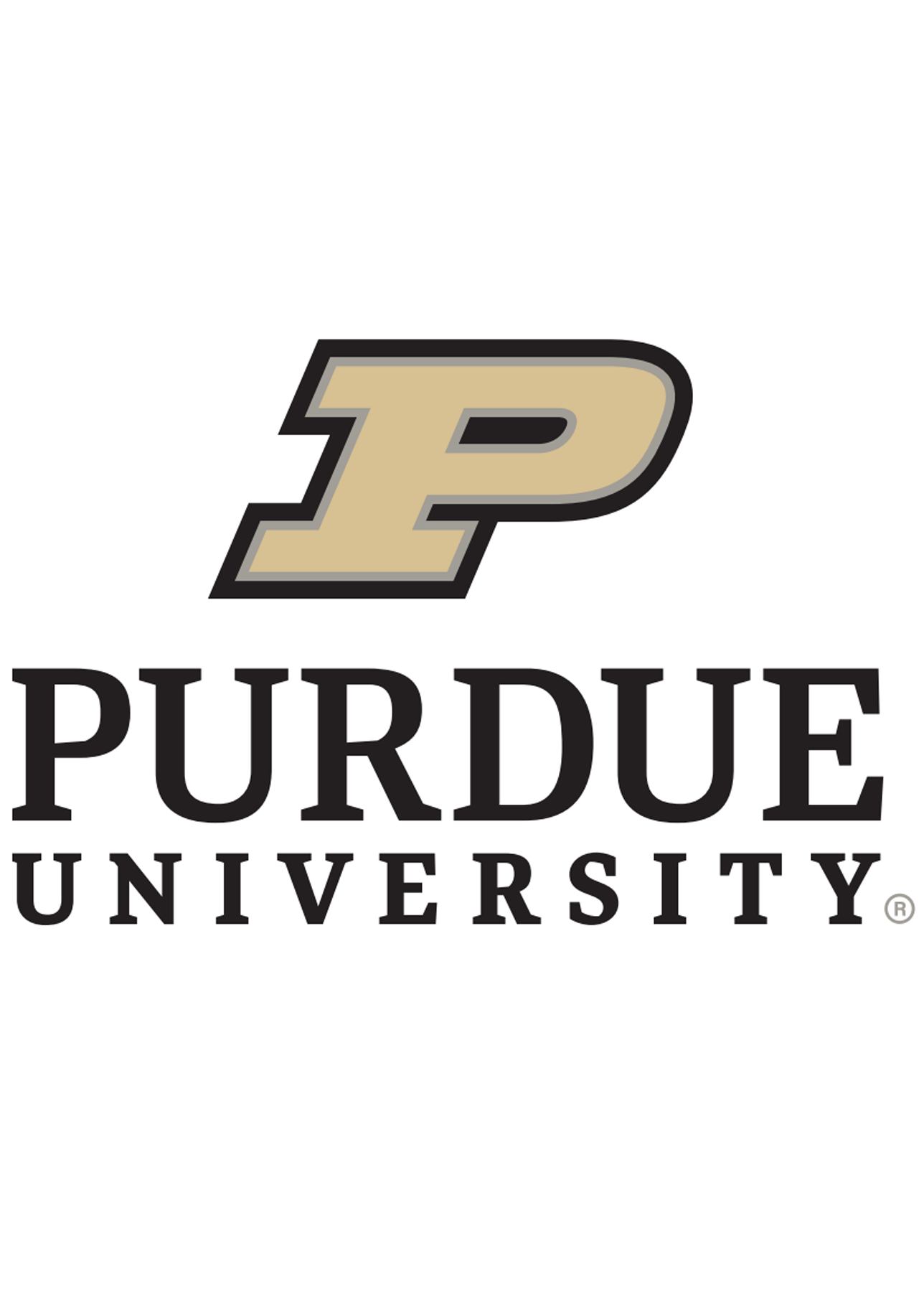
Purdue University
Intelligent Score: 94.33In-state: $9,208
Out-of-state: $28,010
In-state: $9,208
Out-of-state: $9,208
SAT: 1170-1420
ACT: 25-33
Resident: $607
Non-Resident: $1,782
Hybrid
Commission on Collegiate Nursing Education
49

SUNY Upstate Medical University
Intelligent Score: 94.3In-state: $7,070
Out-of-state: $16,980
In-state: $11,310
Out-of-state: $11,310
SAT: 860-1060
ACT: N/A
Resident: $471
Non-Resident: $1,011
On-Campus
Commission on Collegiate Nursing Education
50

NYU Rory Meyers College of Nursing
Intelligent Score: 93.82In-state: $52,204
Out-of-state: $52,204
In-state: $34,704
Out-of-state: $34,704
SAT: 1370-1540
ACT: 31-34
$1,983
On-Campus
Commission on Collegiate Nursing Education
54

Seton Hall University
Intelligent Score: 93.62In-state: $42,920
Out-of-state: $42,920
In-state: $24,372
Out-of-state: $24,372
SAT: 1150-1310
ACT: 25-30
$1,500
On-Campus
Commission on Collegiate Nursing Education
48

University of Texas at Austin
Intelligent Score: 93.29In-state: $11,448
Out-of-state: $40,032
In-state: $12,028
Out-of-state: $12,028
SAT: 1210-1470
ACT: 26-33
Resident: $475
Non-Resident: $913
On-Campus
Commission on Collegiate Nursing Education
48

GW School of Nursing
Intelligent Score: 91.39In-state: $55,961
Out-of-state: $55,961
In-state: $31,770
Out-of-state: $31,770
SAT: 1270-1450
ACT: 30-33
$1,450
On-Campus
Commission on Collegiate Nursing Education
48

University of Detroit Mercy
Intelligent Score: 90.44In-state: $29,562
Out-of-state: $29,562
In-state: $20,047
Out-of-state: $20,047
SAT: 1050-1260
ACT: 22-27
$940
On-Campus
Commission on Collegiate Nursing Education
47
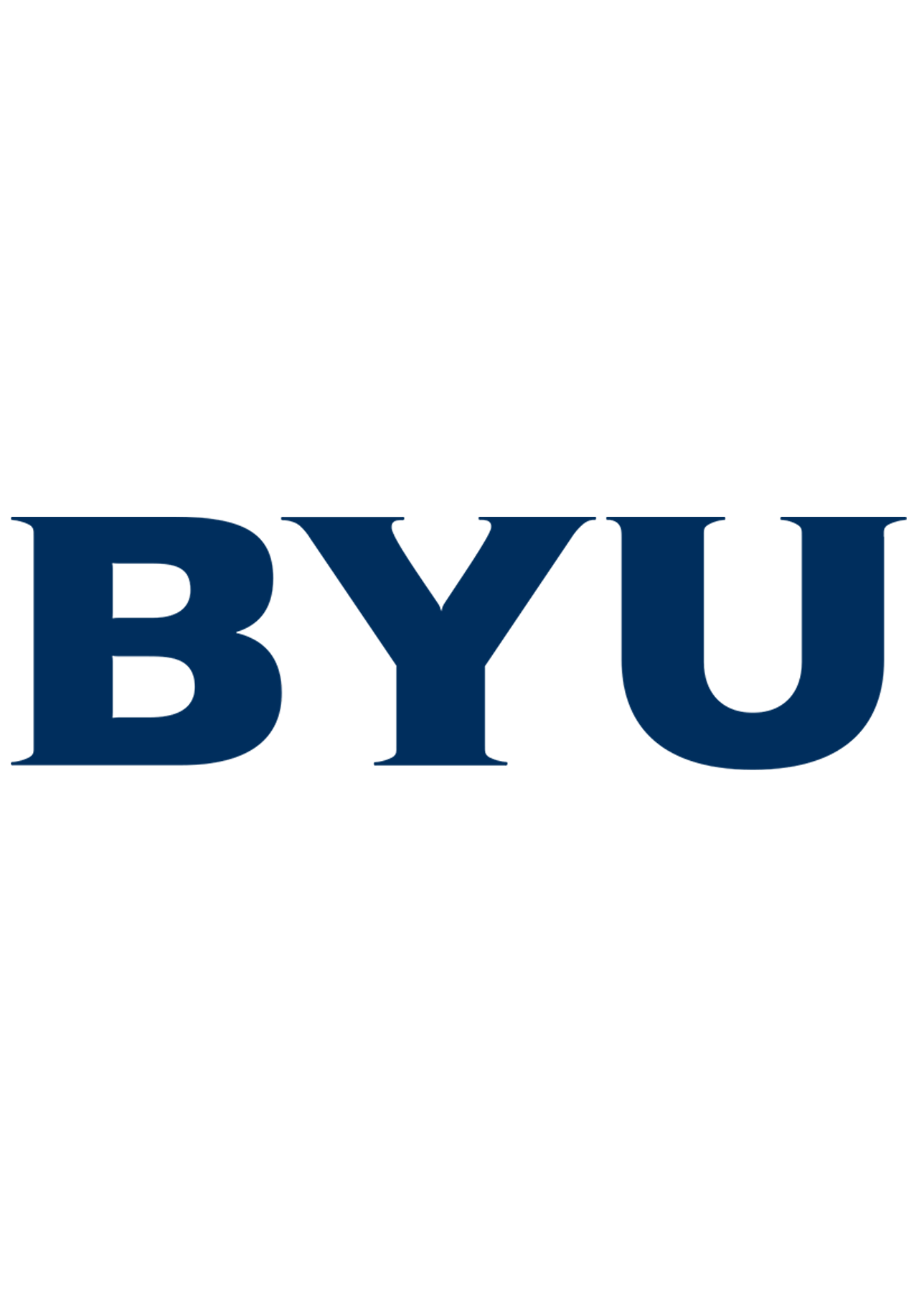
BYU College of Nursing
Intelligent Score: 90.17In-state: $5,970
Out-of-state: $5,970
In-state: $7,510
Out-of-state: $7,510
SAT: 1200-1410
ACT: 26-32
Member: $449 Non-Member: $907
On-Campus
Commission on Collegiate Nursing Education
57
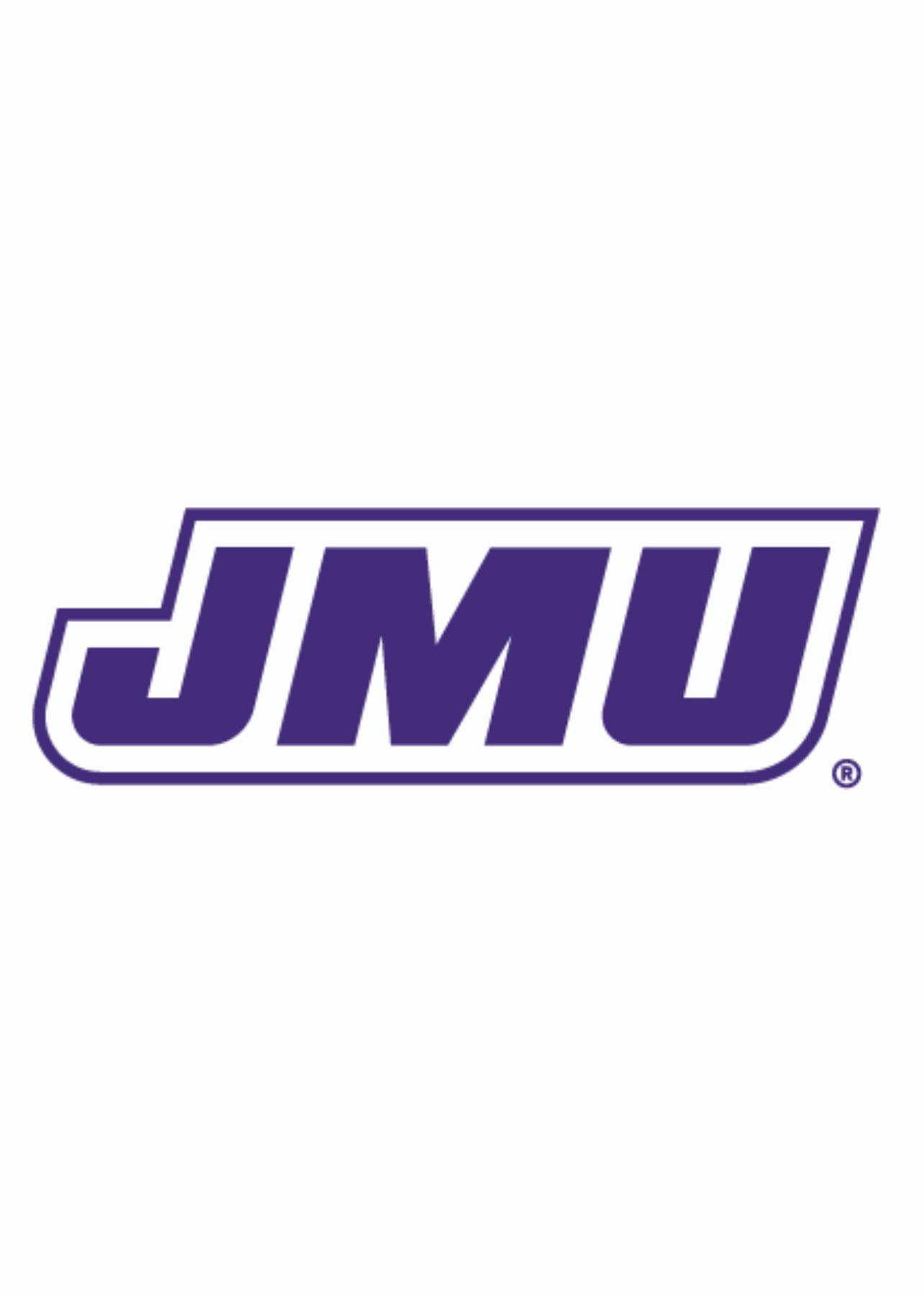
James Madison University
Intelligent Score: 90.15In-state: $7,250
Out-of-state: $23,564
In-state: $10,848
Out-of-state: $10,848
SAT: 1120-1280
ACT: 23-28
Resident: $561
Non-Resident: $744
On-Campus
Commission on Collegiate Nursing Education
49

Texas A&M University School of Nursing
Intelligent Score: 89.8In-state: $8,395
Out-of-state: $36,849
In-state: $6,775
Out-of-state: $6,775
SAT: 1160-1380
ACT: 26-32
Resident: $511
Non-Resident: $1,053
On-Campus
Commission on Collegiate Nursing Education
48

Stony Brook School of Nursing
Intelligent Score: 89.02In-state: $7,070
Out-of-state: $24,740
In-state: $11,310
Out-of-state: $11,310
SAT: 1230-1440
ACT: 26-32
Resident: $471
Non-Resident: $1,020
On-Campus
Commission on Collegiate Nursing Education
45

University of Michigan
Intelligent Score: 87.06In-state: $16,520
Out-of-state: $53,669
In-state: $24,344
Out-of-state: $24,344
SAT: 1340-1520
ACT: 31-34
Resident: $741
Non-Resident: $1,493
On-Campus
Commission on Collegiate Nursing Education
55

Mount Carmel College of Nursing
Intelligent Score: 86.73In-state: $37,696
Out-of-state: $37,696
In-state: $27,076
Out-of-state: $27,076
SAT: 1010-1140
ACT: 16-18
$850
On-Campus
Commission on Collegiate Nursing Education
48
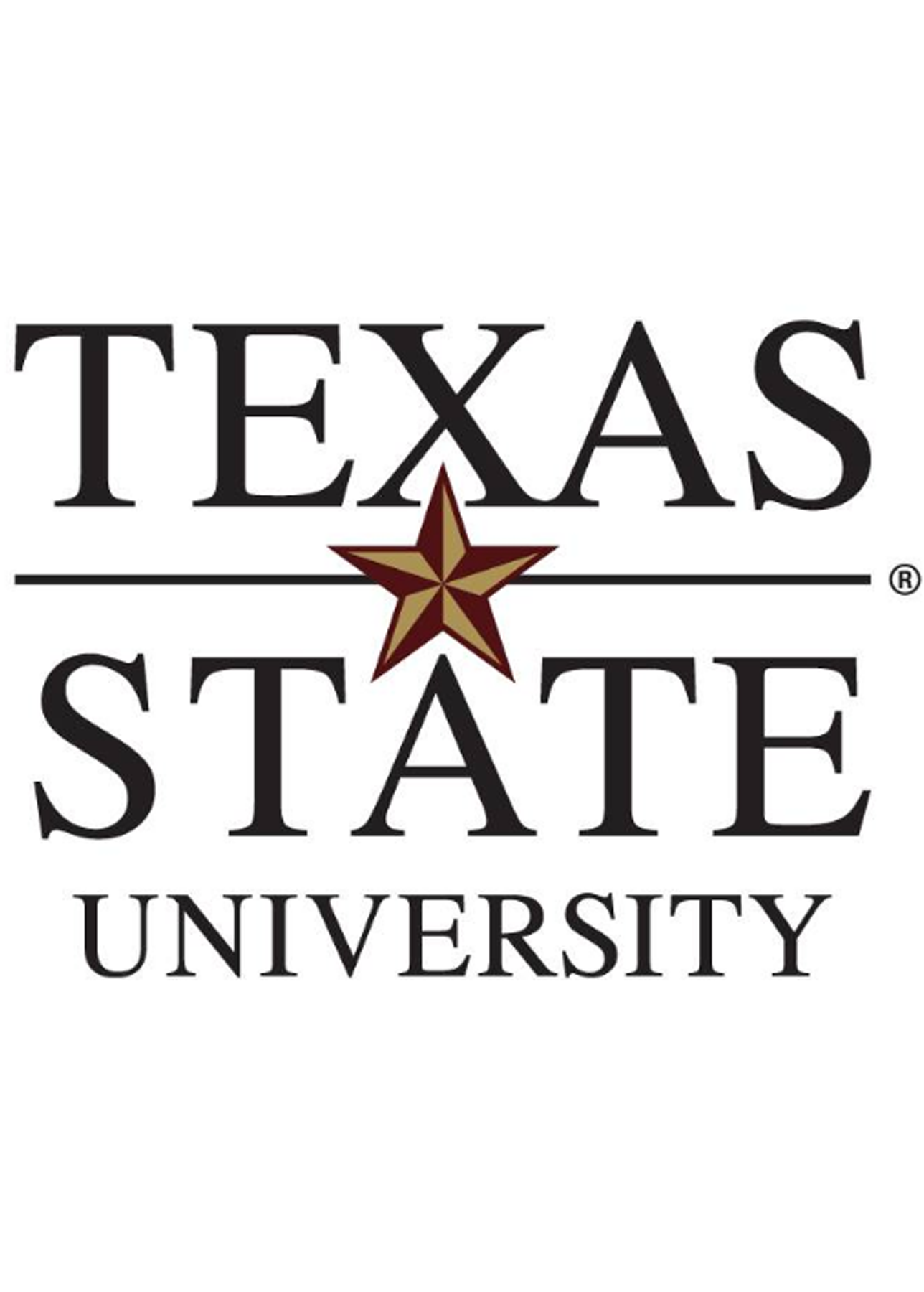
Texas State University
Intelligent Score: 85.60In-state: $8,326
Out-of-state: $19,778
In-state: $6,946
Out-of-state: $6,946
SAT: 1010-1180
ACT: 20-25
Resident: $500
Non-Resident: $910
On-Campus, Online
Commission on Collegiate Nursing Education
48
How to Choose a Nurse Practitioner Program
Choose your area of study
Consider your personal and career goals before applying to a nurse practitioner program. Your career goals and interests will influence your final choice.
Fields of study in nurse practitioner programs focus on two main categories: acute and primary care. Subcategories include general or specific populations, such as pediatrics or gerontology.
Primary care focuses on preventative services, wellness visits, and chronic illness treatment. Acute care treats immediate illnesses and health conditions such as head injuries, broken limbs, heart attacks, and bacterial infections.
Areas of focus:
- Neonatal Nurse Practitioner (NNP)
- Pediatric Acute Care Nurse Practitioner (PNP)
- Pediatric Primary Care Nurse Practitioner (PPCNP)
- Family Nurse Practitioner (FNP)
- Adult-Gerontology Acute Care Nurse Practitioner (AGCNP)
- Adult-Gerontology Primary Care Nurse Practitioner (AGPCNP)
- Psychiatric Mental Health Nurse Practitioner (PMHNP)
- Women’s Health Nurse Practitioner (WHNP)
- Emergency Care Nurse Practitioner (ENP)
- School Nurse Practitioner (SNP)
Research schools and programs
Begin the application process by researching accredited programs and institutions. The Commission on Collegiate Nursing Education (CCNE) is the accrediting body that determines the credibility and quality of nursing programs. Accreditation not only validates the quality of the program but can also impact your ability to transfer credits or receive financial aid.
To learn about the program, attend an in-person or online information session or open house and contact the program administrator.
Prepare for tests and applications
Most nursing programs utilize a digital application process or NursingCAS, an online application system that allows students to apply to multiple schools or programs through a single system.
Standard application materials include:
- Academic transcripts
- Letters of recommendation
- A resume or CV
- A personal statement
- Application fee
You’ll also need proof of a valid registered nurse (RN) license in the state you intend to study. An RN license is required to participate in the clinical portion of coursework. Some programs require drug screening, a background check, and proof of immunizations.
Short-listed students advance to a video or in-person interview portion of the application process.
Select your program
Review your needs and goals before making your final decision, especially if more than one school or program accepts your application. Set parameters for logistical needs, including full-time or part-time enrollment, in-person or online coursework, and synchronous or asynchronous online classes.
Each state has different licensing requirements — even online classes have on-campus, in-person components one to three days out of every semester. This can add a logistical component if you are considering an online or in-person out-of-state nurse practitioner program.
Determine how you’ll pay for your degree
Nurse practitioners are in high demand. If employed, your employer may participate in a tuition reimbursement program. These programs are often performance-based and involve a post-graduate work contract.
Complete the Free Application for Federal Student Aid (FAFSA) to determine your eligibility for financial aid. Contact an admissions counselor to learn more about financing options such as scholarships, work-study programs, and grants specific to your degree program.
What Can You Expect From a Nurse Practitioner Program?
Graduates of a nurse practitioner program develop advanced knowledge of disease prevention, health promotion, therapeutic techniques, and pharmacology. They also learn resource management, patient advocacy, and critical information literacy skills to evaluate evidence-based knowledge.
A nurse practitioner program can take two to three years to complete. Full-time or part-time enrollment, practicum and clinic hours, and online options can affect the length of time.
Each area of study requires 300 to 500 clinical hours. Program participants must graduate to be eligible to sit for the licensing exam specific to their area of focus.
Potential courses you’ll take in a nurse practitioner program
- Advanced Physiology and Pathophysiology. Students learn to assess acute and chronic health problems to understand clinical and pharmacological interventions. With an emphasis on chronic conditions and genetic changes that underlie various disorders, this course examines homeostasis in health, how disease disrupts that homeostasis, and the body’s maladaptive or adaptive response.
- Advanced Pharmacology and Therapeutics. Nurses develop advanced knowledge of the therapeutic use of major drug classes and learn to develop evidence-based treatment regimens appropriate to the patient. Also discussed are the mechanisms of action, pharmacokinetics, pharmacodynamics, research, and evidence-based treatment guidelines for acute and primary care settings.
- Cognitive Behavioral Strategies in Health Care. This course examines adaptations of cognitive therapy designed to treat a broad spectrum of disorders. Students learn about the link between thoughts and emotions through observation, didactic, and experiential techniques. This course focuses on depression, anxiety, phobias, substance, obesity, marital problems, sexual dysfunction, and psychosomatic disorders.
- Professional Role Issues for Nurse Practitioners. This course focuses on social, economic, health, and professional factors influencing community healthcare delivery. Students learn through lectures, discussions, readings, and projects.
Nurse Practitioner Degree Program Frequently Asked Questions
How do I apply to a nurse practitioner program?
Apply for a nurse practitioner program through the school or program website or NursingCAS if the school or program is a participating member.
Many institutions do not charge an additional fee if they require a secondary application after your preliminary acceptance. Speak with an admissions counselor or program administrator before applying to ensure you have the correct materials.
How much does a nurse practitioner program cost?
The average yearly tuition cost for a nurse practitioner program is $20,513. This cost does not include lab or tech fees, uniforms, tools, or course material. Housing, meals, transportation, and personal expenses are additional costs to your program fees.
Many students continue working part-time during their studies to offset some costs, and financial support from scholarships or grants may reduce out-of-pocket expenses.
How long does it take to earn a nurse practitioner degree?
A nurse practitioner program requires 40 to 52 course credits and takes two years of full-time study to complete. Three-year programs are available for students whose work and home schedules don’t allow as much opportunity for study and for students who want to take more time with the coursework.
Any requisite practicums, clinic hours, and lab work can add time to your completion schedule, as will licensing exams.
